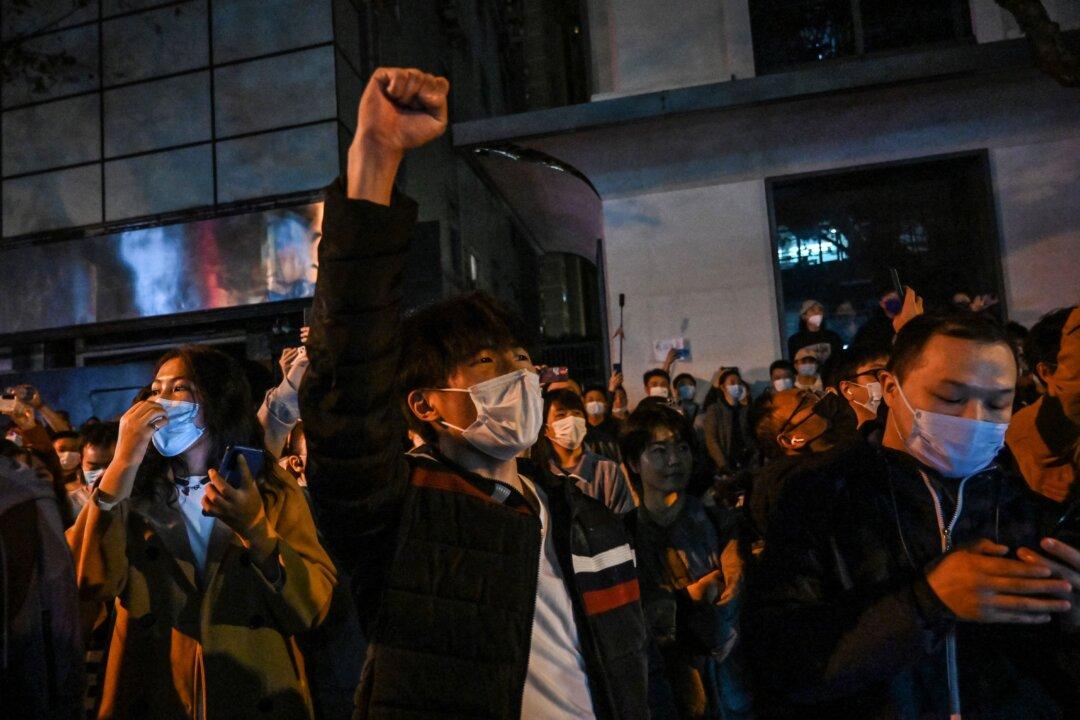The Chinese communist regime has signaled that it will not abandon its draconian COVID policies despite mass protests in at least 10 cities across China over the weekend.
Zou Xiaoli, the Chinese regime’s ambassador to Argentina, told reporters on Nov. 28 that China will persist in its dynamic zero-COVID policy when asked about recent protests, according to Argentina’s national news agency Télam.





